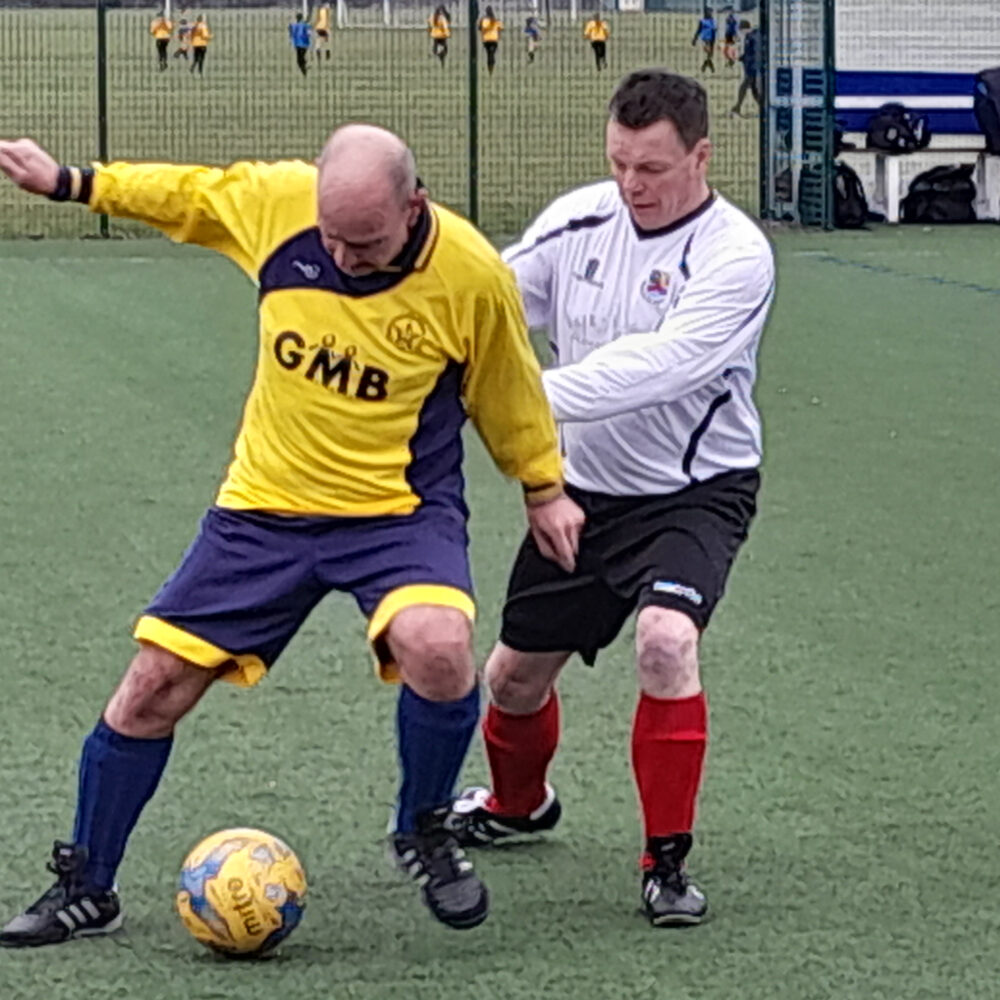
A typical week of call-outs
August 20, 2025
9 places your community could put a lifesaving defibrillator
September 3, 2025In just one month (July 2025), our crew was called to 39 people experiencing an out-of-hospital cardiac arrest — each one someone’s parent, child, friend or neighbour.
Some were in busy town centres. Some were miles from help.
Some were in the early hours of the morning. Some were late at night.
Some were children. Some were older adults.
In that single moment, none of them saw it coming and each had just minutes to receive lifesaving care. These were ordinary days interrupted, moments when ordinary people faced a life-threatening emergency they never expected.
It can happen to anyone.
Cardiac arrest is sudden. It doesn’t care how old you are, where you are, or what time it is. Our crew know this better than anyone. Already this year they have been called out to over 300 people suffering a cardiac arrest. That’s just over 20% of our total call-outs.
Our crew travel at speed because they know they can make a difference in those crucial minutes. We’re lucky to have heard from many of our patients who have shared their gratitude for the help they received in those lifesaving moments. They’ve also shared their stories to raise awareness of cardiac arrests.
However, these aren’t just stories — they are real accounts from people who never expected it to be them. They didn’t expect to have a cardiac arrest that day, right then, or right there, doing what they were doing.
Moments like:
- A mother at her son’s horse-riding lesson, cheering him on like any proud parent
- A runner out at their local parkrun event, enjoying a morning run
- A grandmother at home bathing the dogs on her day off
- A father playing 5-a-side football like he does every Friday
- A child at home, playing on their console in their bedroom
Unfortunately, cardiac arrests are not rare events. They happen every day, in places you know and to people you care about.
“I heard a strange noise and a crashing sound in the study. I called out but got no response. I found Rhiannon on the floor on her side.” Dan, husband of Rhiannon who suffered a cardiac arrest at home.
July in numbers: 39 lives, one month
In July alone, we were called to 39 people in cardiac arrest. That’s one in five of all the missions our crew flew or drove to that month.
The calls came at various hours of the day. The earliest at 06:41 in the morning, the latest just after midnight. More than half took place in the afternoon and evening, when people were at work, families were together, or friends were socialising.
These patients ranged from children to people over 70. Almost three quarters were men and more than two thirds were of working age. Some were reached by helicopter, others by critical care car. And we were called to someone in every part of our region, from Gloucestershire to North Somerset, from Bristol to B&NES.
But these are not just numbers. They are parents, children, friends, neighbours — people who, in a single moment, needed critical care to give them a chance of survival.
Thanks to you, our crew could be there. But it’s not just them who make a difference. In those vital first few minutes after a cardiac arrest, survival often depends on the people nearby: friends and family, neighbours, total strangers and maybe even you.
To give more people a chance of surviving a cardiac arrest, we are focusing on giving lifesaving skills and equipment to local communities through our Great Western Hearts programme.
Every second counts — and so does every bystander and defibrillator
When someone goes into cardiac arrest, every minute without CPR or defibrillation reduces their chance of survival by 10%.
That’s why we’re working hard to train the next generation of lifesavers through CPR sessions and giving more people the skills and confidence to act when every second counts. It’s not just about the people trained — we’re also working hard to make sure there’s a defibrillator within a 200-metre walk of everyone in our region.
Every call we respond to could be someone you know — a neighbour, a colleague, a family member, or even you. Our crew can bring advanced care to people in cardiac arrest but it’s what members of the public do before emergency services arrive that makes the difference. For bystanders to start CPR and use a defibrillator to help someone in cardiac arrest, they need access to this lifesaving equipment when and where it’s needed.
How you can help
You can make a real difference in your community. Right now, we’re looking for communities across our region to place public access defibrillators where they are needed most. Our Great Western Hearts defibrillator package could be there for one of your neighbours when they need it most. Learn more here.
Because a cardiac arrest really can happen to anyone. Anywhere. Anytime.

Cathy, a cardiac arrest survivor, and her son

Forrest, a cardiac arrest survivor, takes part in a park run

Ann, a cardiac arrest survivor, spending time with her daughter and granddaughters

Keith, a cardiac arrest survivor, playing football

Logan, a cardiac arrest survivor, with his mum and sister



